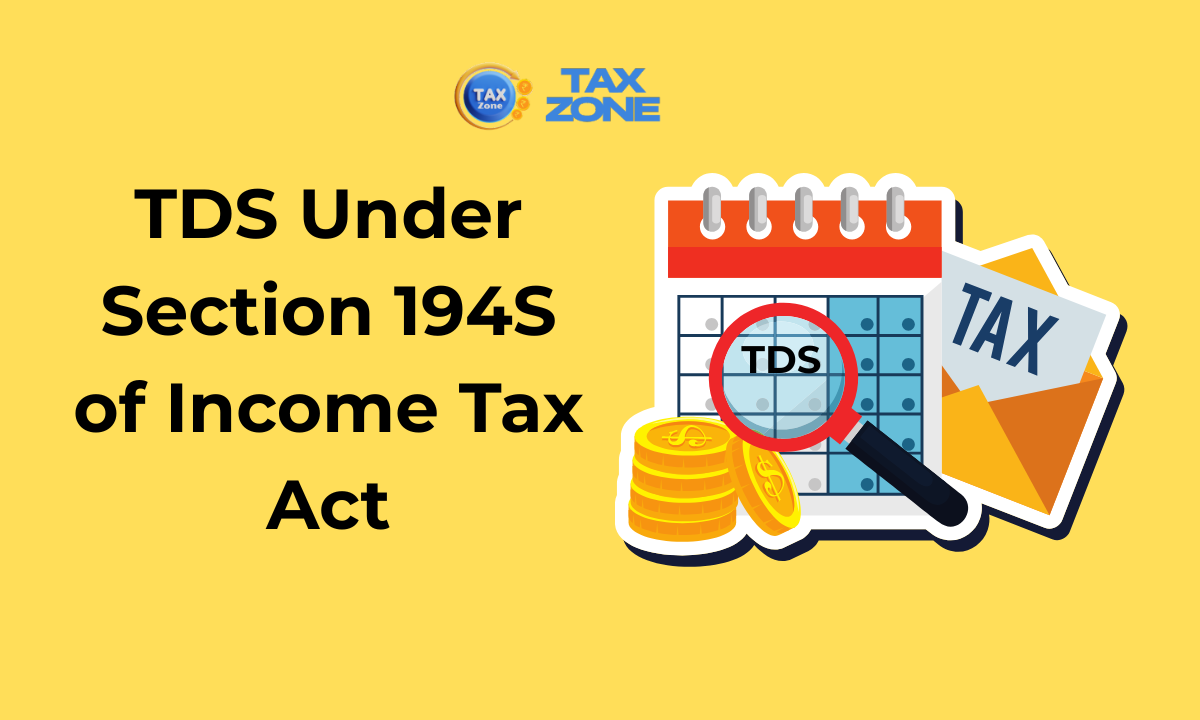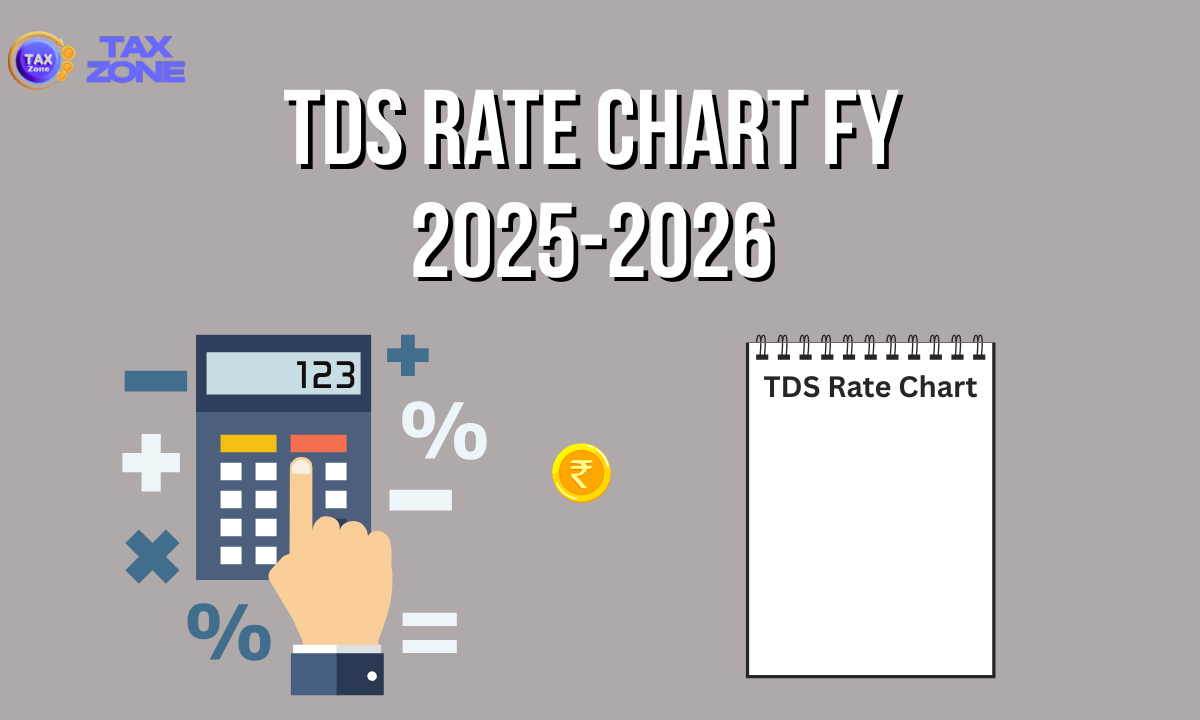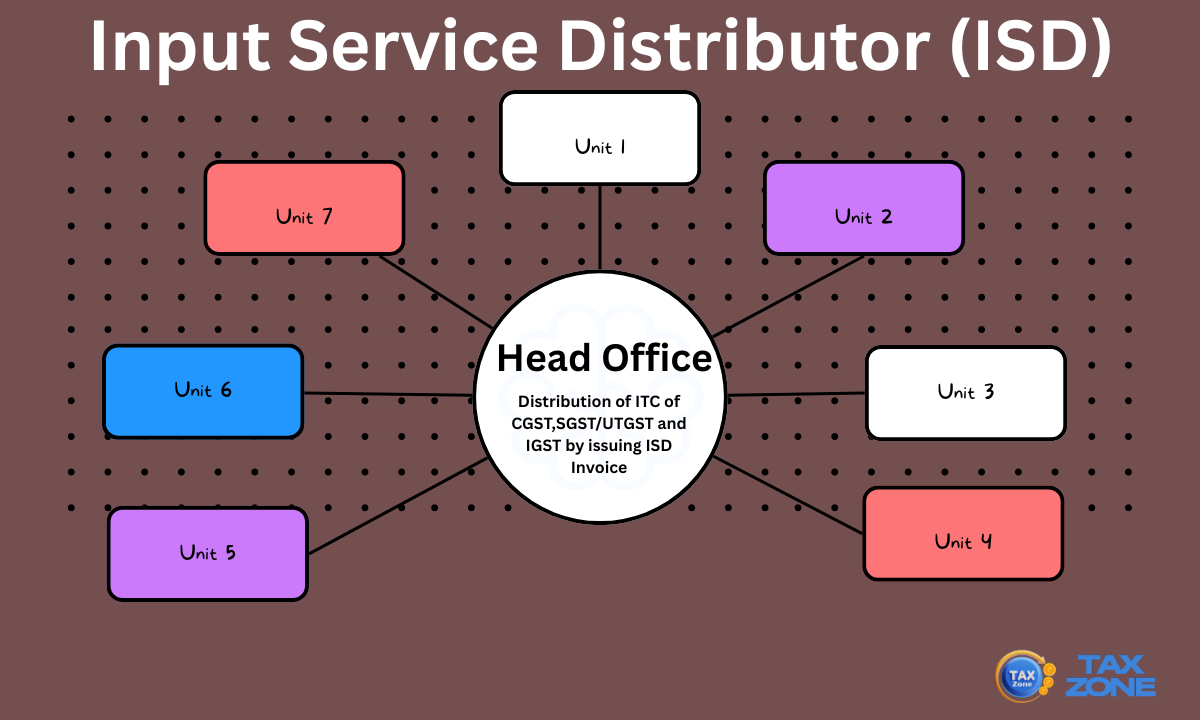Filing ITR for FY 2024-25? Don’t Miss These 9 Big Changes in ITR-1 to ITR-4
The Income Tax Department has notified revised ITR forms for Assessment Year 2025-26, and several key changes will impact how individuals and businesses file their returns. At TaxZone.in, we break down these 9 Big Changes in ITR-1 to ITR-4 in simple terms, so you can file your ITR confidently and accurately.
1.Business owners can’t switch tax regimes every year like salaried individuals can
According to income tax rules, if you earn income from a business or profession, you can switch from the old tax regime to the new one only once in your lifetime. But to do this, you must file a specific form with the Income Tax Department.
An expert explains: “Earlier, ITR-4 just asked if you had opted out of the new tax regime. If yes, you needed to mention the date and acknowledgement number of Form 10-IEA, if it applied. But for the financial year 2024-25 (assessment year 2025-26), the ITR-4 form has become more detailed. Now, it also asks if you had submitted Form 10-IEA in the past and whether you want to keep opting out of the new tax regime this year too.”
Tip: Salaried taxpayers can switch regimes every year, but business owners can’t without Form 10-IEA.
You may also like :Income Tax Slab FY 2025-2026
2.Relaxed Rules: More Taxpayers Can Now Use ITR-1 and ITR-4
Good news for small taxpayers! For the Financial Year 2024-25, the Income Tax Department has made it easier to file returns by expanding the eligibility criteria for ITR-1 and ITR-4.
Earlier, if a taxpayer had any Long-Term Capital Gains (LTCG) from shares or equity mutual funds—even within the tax-free limit—they were not allowed to use the simpler ITR-1 form. Instead, they had to go for the more complex ITR-2 or ITR-3 forms.
But now, thanks to a budget update, the LTCG exemption limit has been raised from ₹1 lakh to ₹1.25 lakh. So if your total LTCG from listed equity shares or mutual funds is within this limit, and you don’t have any carry forward capital losses, you can file your return using ITR-1 or ITR-4 (depending on your income source).
This change will help reduce the compliance burden and make return filing simpler for small taxpayers who earn limited capital gains.
3.Aadhaar Enrolment ID No Longer Accepted
A silent but important change in Budget 2024 affects how you file your income tax return.
Until now, if someone didn’t have their Aadhaar number, they could still apply for a PAN or file their ITR using their Aadhaar Enrolment ID. But this option is now gone.
Starting this year, you must have a valid Aadhaar number to apply for PAN or file your ITR. The new ITR forms for FY 2024-25 (AY 2025-26) – including ITR-1, ITR-2, ITR-3, and ITR-5 – have removed the field to enter Aadhaar Enrolment ID.
Important: If you don’t have an Aadhaar number, you won’t be able to file your return this year.
4.Disability Deduction Now Requires Certificate Acknowledgement Number
If you’re planning to claim a deduction under Section 80DD or 80U in the old tax regime, there’s a new requirement this year.
From FY 2024-25 (AY 2025-26), taxpayers must now provide the acknowledgement number of the disability certificate when claiming these deductions.
Earlier, it was enough to submit Form 10-IA for these deductions.
Now, along with Form 10-IA, the acknowledgement number of the disability certificate must also be entered in the ITR form.
Who can claim these deductions?
-
Section 80DD: For individuals or HUFs who incur expenses or pay premiums for a dependent with a disability.
-
Section 80U: For individuals who themselves are suffering from a disability.
Important:
This new reporting is only needed if you’re filing ITR-2 or ITR-3.
No such requirement applies if you’re using ITR-1.
This move aims to ensure proper verification and streamline the process for claiming these deductions.
5.The 2024 Budget has changed how unlisted bonds and debentures are taxed, starting from July 23, 2024
An expert explains: “Under the new rule, if you sell, redeem, or your unlisted bonds or debentures mature on or after July 23, 2024 — even if you bought them earlier — the entire profit will be treated as a short-term capital gain. This means the gains will be taxed as per your regular income tax slab, no matter how long you held the investment.
But the old rules still apply if you redeem, sell, or the bonds mature before July 23, 2024. In that case, the profit will be treated as a long-term capital gain (if held for more than 36 months) and taxed at 20% with indexation benefit.”
6. Mention TDS Section in ITR for Non-Salary Income
Filing your ITR this year? There’s a new detail you need to be careful about.
If you’ve received any income (other than salary) on which TDS (Tax Deducted at Source) was applied, you now have to mention the specific section under which the TDS was deducted — in your ITR form (1, 2, 3, or 5) for FY 2024-25.
Previously, you could claim TDS credit without specifying the TDS section.
But starting this year, you must mention the relevant section (like 194A for interest, 194H for commission, etc.) when claiming the tax credit.
This change helps the Income Tax Department match your TDS claims more accurately with the information in Form 26AS or AIS.
This applies to ITRs where you’re reporting non-salary income — like interest, commission, rent, or contractual payments.
7.Capital Gains Schedule Modified for New Rules
Budget 2024 has introduced new capital gains tax rules that will apply from July 23, 2024. So, if you’ve earned money by selling assets like shares, mutual funds, land, house, or any capital asset, the date you sold it will decide which tax rules apply.
If you sold the asset before July 23, 2024, the old tax rules will apply:
-
15% tax on short-term capital gains (STCG) under Section 111A
-
20% tax on long-term capital gains (LTCG) under Section 112 with indexation
-
10% tax on LTCG under Section 112A (without indexation)
But if you sell on or after July 23, 2024, the new tax rules will come into play.
That’s why this year’s ITR forms require you to clearly mention the date of sale and separately report gains made before and after July 23.
Note: If you’ve made capital gains, you need to use ITR-2, ITR-3, or ITR-5 based on your income type.
8.Asset & Liability Reporting Only If Income Crosses ₹1 Crore
Here’s a relief for many high-income taxpayers!
Earlier, if your gross total income was more than ₹50 lakh, you had to report details of your assets and liabilities in your income tax return under Schedule AL. This included things like your house, car, jewellery, and investments.
But starting this year, that limit has been raised. Now, you need to report your assets and liabilities only if your gross income exceeds ₹1 crore in the financial year.
This change reduces paperwork for many taxpayers earning between ₹50 lakh and ₹1 crore.
9.Share Buy-Back Now Taxed as Dividend from October 1, 2024
A major change announced in Budget 2024 will impact shareholders of listed Indian companies.
Starting October 1, 2024, any money you receive from a share buy-back by a domestic listed company will now be treated as a dividend, not capital gains. This means it will be taxed in your hands under the head ‘Income from Other Sources’.
Income Tax Return forms ITR-2, ITR-3, and ITR-5 have been updated to reflect this change.
Here’s how it works:
-
The buy-back amount will be reported as dividend income.
-
In the capital gains section, you must show zero sale proceeds, which will result in a capital loss (since you did pay to buy those shares).
-
The good part? This capital loss can be carried forward and adjusted against future long-term capital gains for the next 8 years.
This change affects how your earnings from share buy-backs are taxed and how you report them in your return.
Final Thoughts from TaxZone
These ITR changes aim to improve transparency, boost digital compliance, and reduce errors. Whether you’re salaried, self-employed, or a small business owner, it’s crucial to:
-
Select the correct ITR Form
-
Maintain proper documentation
-
File before 31st July 2025 (unless extended)
- Need help with ITR filing or regime comparison?
Contact us via 📧 support@taxzone.in or check out our tax filing services.






